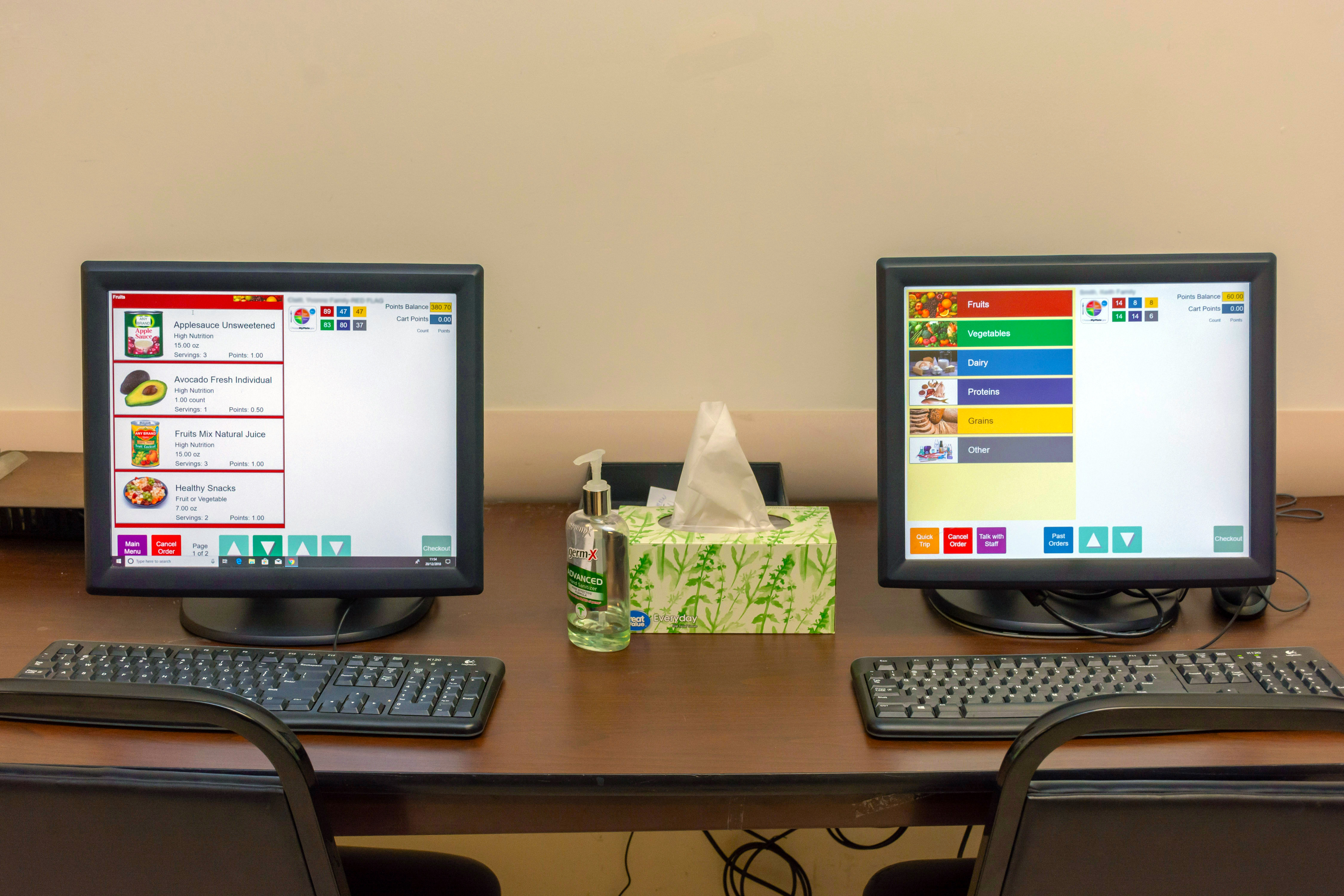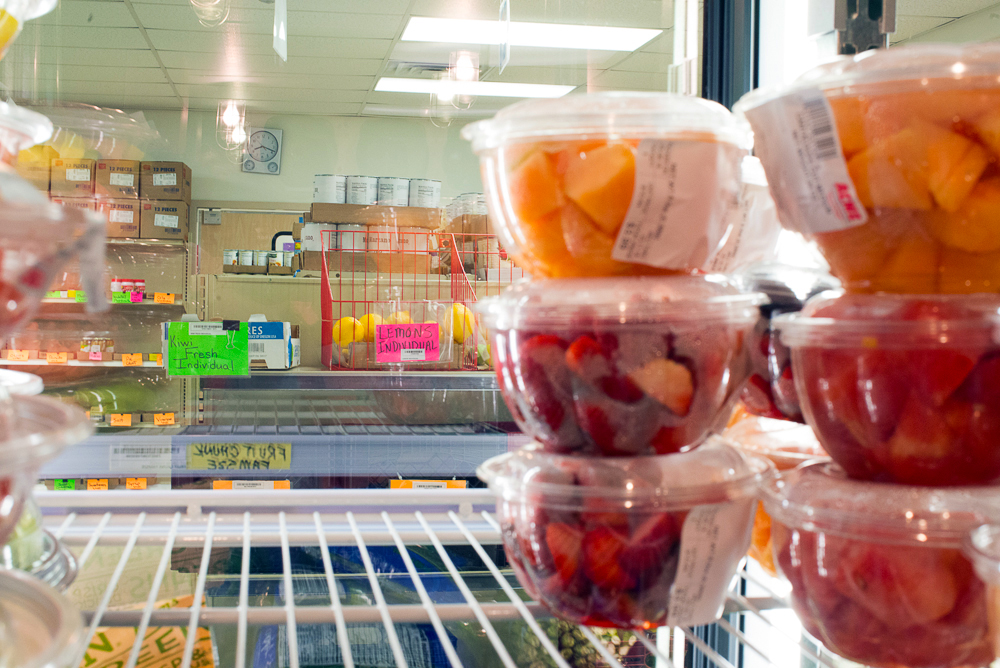Pilot Programs
The Pottstown Cluster of Religious Communities Launches a Series of Pilot Programs in Partnership with Area Organizations
The Pottstown Cluster of Religious Communities Launches a Series of Pilot Programs in Partnership with Area Organizations

Visiting a food pantry can be a challenge. The limited hours, the stigma, the difficulty of finding transportation, and some people’s physical disabilities all can make visiting a daunting experience. A convenient solution to this problem is for hunger-fighting organizations to mimic online grocery ordering and provide people with the option to order pantry food from a website.
To improve food pantry service, the Pottstown Cluster of Religious Communities has joined MontCo Anti-Hunger Network (MAHN), Advanced Living Communities (parent company of Schwenckfeld Manor, a Lansdale housing site), and the HealthSpark Foundation to participate in a pilot food program that connects low-income people to food pantries via computer, a twist on online grocery ordering designed to serve low-income consumers.
In all, around 130 Montgomery County households now take advantage of the service. Read more about the program on Philly.com.

The Pottstown Cluster of Religious Communities has formed a unique partnership with Philabundance and Habitat for Humanity of Montgomery and Delaware County to offer critical services and supports to decrease the number of people facing hunger in the Delaware Valley. The three organizations will collaborate through a series of pilot programs that will pair food plus other critical life services to improve food security, household, and financial stability for its clients.
Programming will offer a suite of services, including education, financial literacy, health services, housing and/or job assistance. The goal is to end the cycle of no-win decisions: Do I buy food or medicine? Heat or eat? Pay for lunch or a bus pass?
The first pilot program began in February 2019, primarily providing food, financial literacy coaching and case management, to help approach other issues, including housing challenges. To date, nine families have committed to the pilot.
Impact of the programs will be monitored and reported over time, with joint goals focused on increasing food security and other indicators of household stability, helping determine which pilots are effective and which to replicate to help end hunger for good.
Read more on Philly.com.